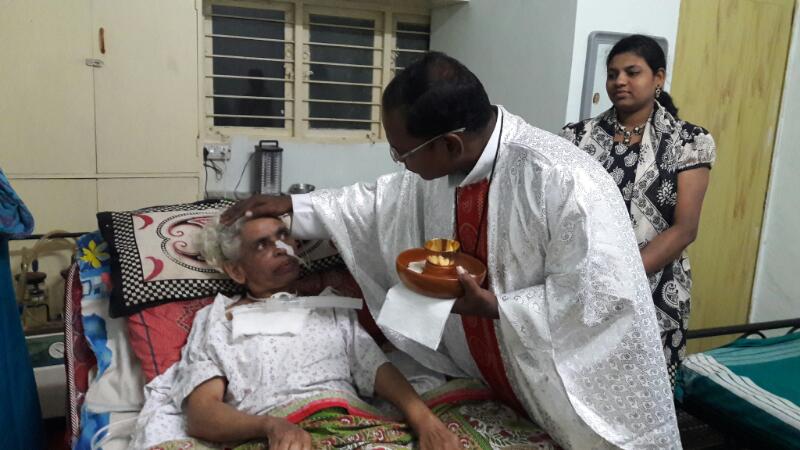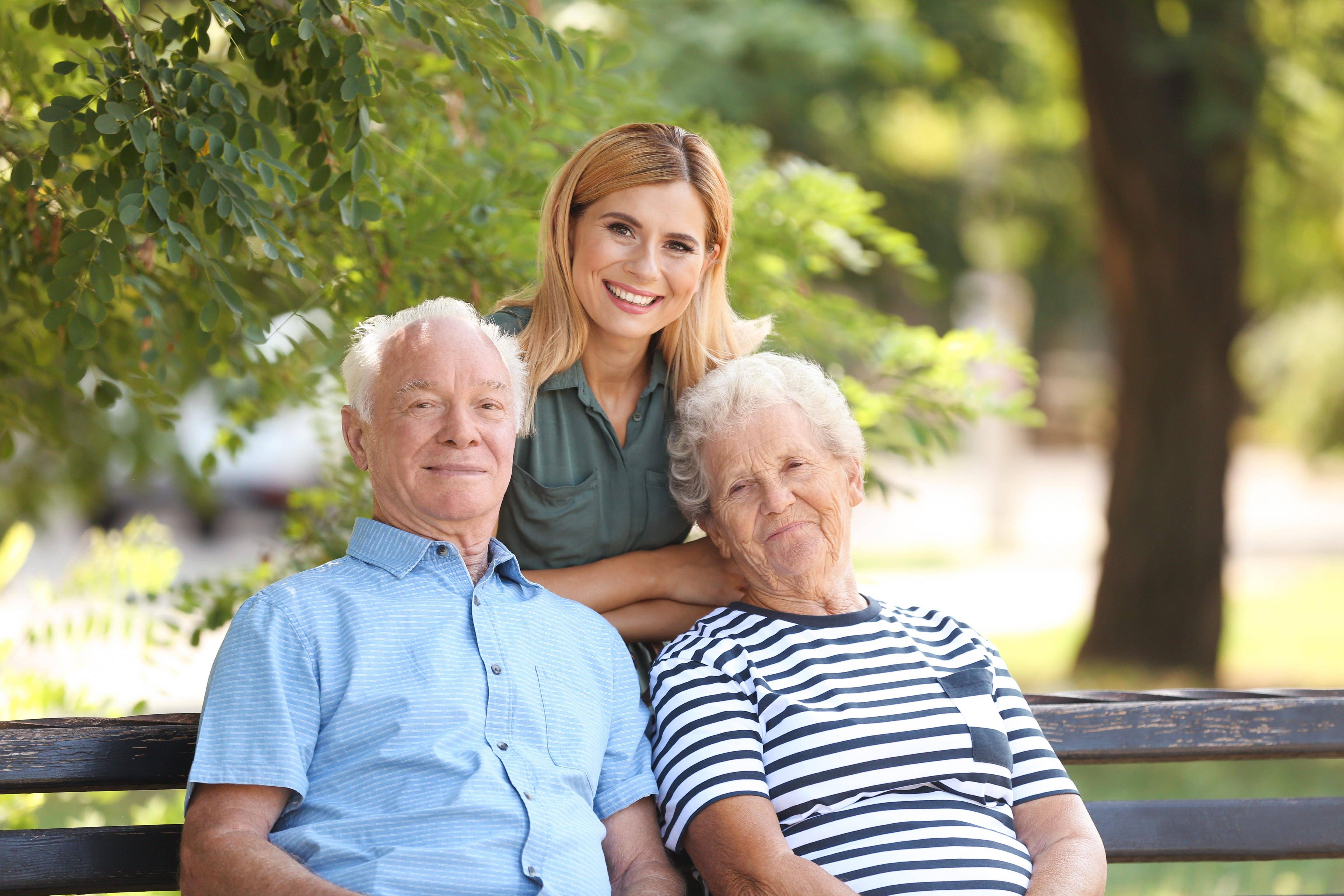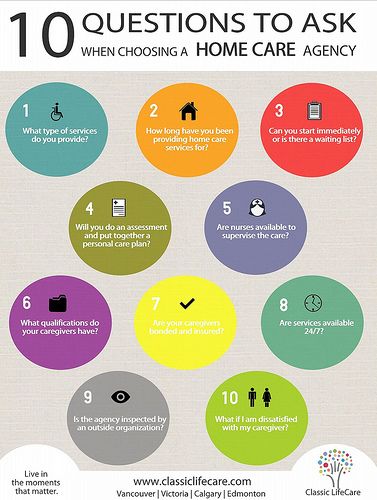
It is important to take extra precautions when showering the elderly. Make sure they are still when you're showering. If possible, use non-slip flooring. Next, gently dry their skin with a terrycloth wrap or a clean cloth. Their skin is extremely sensitive so avoid rubbing it. Don't rush drying them.
It is best to not mention body odor in elderly showers
It does not matter if your elderly relative has a problem with body odor. However, it is important that you remember that their senses are often less sharp. Mentioning body odor to an elderly person can make them uncomfortable or cause anxiety. Instead, speak to the person about their body smell and assist them in getting back to their regular laundry routine.

Develop a routine
A little planning is required to establish a routine that you will use for showering your elderly loved ones. First, determine how frequently you want to shower your senior loved one. Some caregivers find it easier and more enjoyable to bathe the senior daily. This makes bathing seniors a part of every day and reduces resistance. Next, create a shower program that your senior can see. Place a calendar where the senior can see it, mark off days with an 'X', and write in days for sponge baths and full baths.
For some people, taking a shower after waking up is a comforting activity. It makes them feel energized and helps them sleep better. Make a routine with your loved one if they are struggling with hygiene. You can offer them a bath, or music to listen to while you shower. You can offer them rewards if you get their cooperation.
Avoid mentioning fatigue
Senior citizens may be reluctant to take a hot bath for many reasons. Fatigue is one of the most common reasons. It can cause them to stop moving around. It can make it difficult for them keep up with daily activities. It is important to limit the discussion about fatigue in order to prevent this from happening.
Avoid mentioning dizziness
Showering elderly people with dizziness can be dangerous. An estimated one in five seniors will fall each year. It is important to talk to your doctor about ways to prevent falls.

Poor circulation and side effects caused by medications can cause dizziness. Orthostatic hypotension is another cause. This lowers blood pressure when someone stands suddenly. These causes can cause dizziness, which can result in falling or balance problems. If this is not addressed, it can cause withdrawal from all activities.